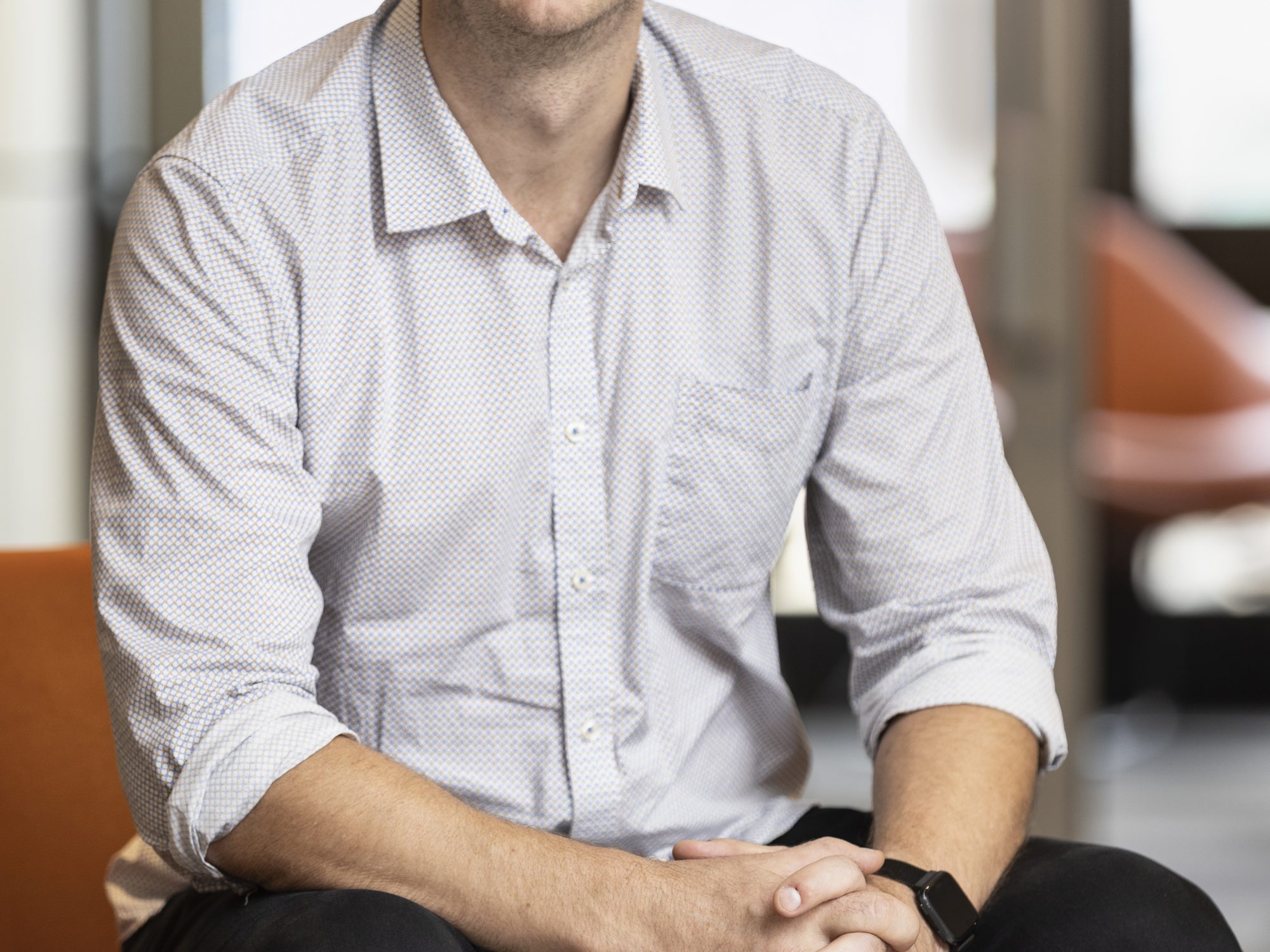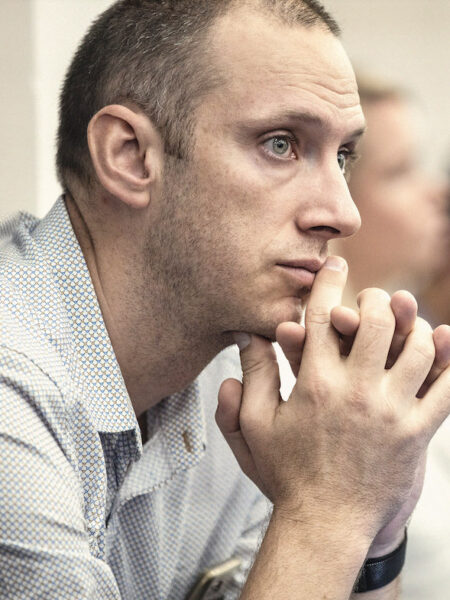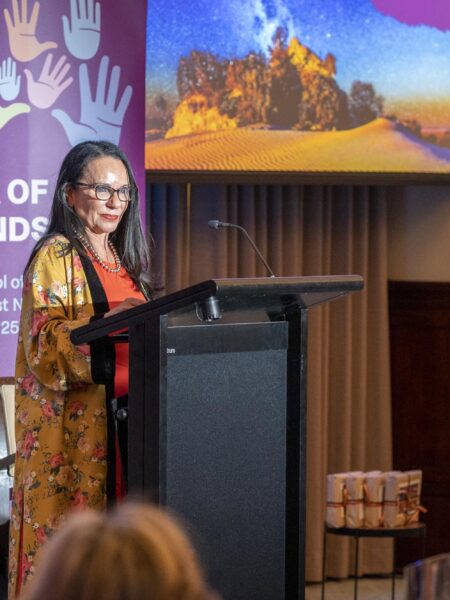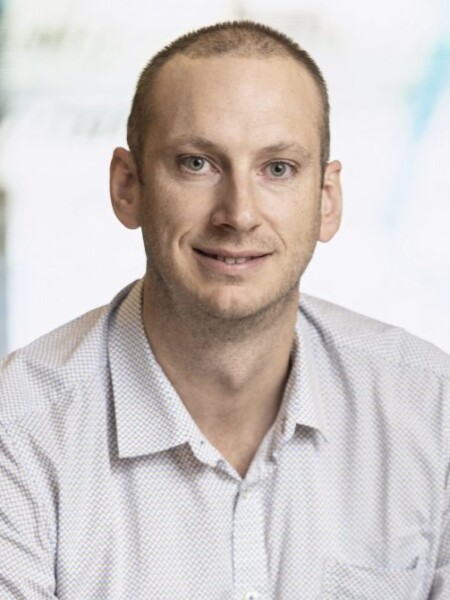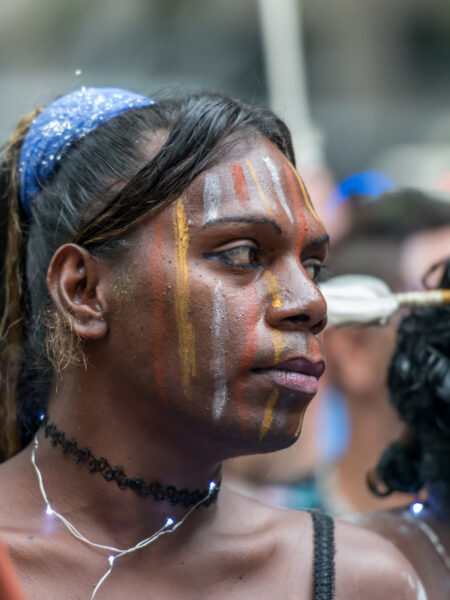Sometimes when thinking about the origins of the ‘Commonwealth’ of Australia, I wonder if we are all participating collectively in a self-imposed gaslighting delusion about the truth of our beginnings. Reflecting on his time as Prime Minister and his now famous speech 30 years ago, Paul Keating recently said:
I tried in the Redfern speech to articulate the lie, but we shouldn’t be living the lie … we’re still living the lie.
Of course, any time someone in authority is brave enough to mention the lie of our origins, challenging the myths we have used as the foundations of our society, there has always been the defenders of those myths ready to fight for the lie. Keating’s speech, following the now seminal moment of the High Court’s Mabo decision that once and for all dispelled the fallacy of terra nullius, was notable at the time and has remained a milestone moment for Aboriginal and Torres Strait Islander affairs ever since. And yet, three decades have passed since those two public moments and we still haven’t corrected the lie. It is one thing to name it, it is an altogether different thing to take action of redress.
We’ve had some false dawns in the subsequent years, the culmination of the decade of reconciliation with the Bridge Walk in 2000, the long overdue Apology in 2008, the promise to close the gap within 25 years in 2009, and the seemingly endless number of parliamentary processes set up to determine the way forward for constitutional reform. It was in 2017 at Uluru when Aboriginal and Torres Strait Islander peoples from the nations across the continent opted out of the government directed ‘process’ and instead, made a collective ‘Statement from the Heart’ that contained a novel, simple and elegant offer to the Australian people to move past the acknowledgement and into the change.
When the Uluru Statement was rejected out of hand by the Federal Coalition government within weeks of it being offered, the expectation of many would have been that it would go the way of so many other appeals – like the Barunga Statement, the Redfern Statement, and even the appeals of great leaders like William Cooper. It was assumed that the Uluru Statement would be another sad marker of missed opportunity to address the fault lines in our making.
It is now evident that, five years on from that gathering at Uluru, the proposition of the Statement continues to grow in popularity and prominence. Governments, politicians and political parties cannot ignore it any longer and the attempted rejection has clearly failed.
Voice enshrined in our Constitution holds no fears for the Australian people and our governments are running out of excuses and obfuscations to deny a referendum.
It has been the State governments, mostly Labor governments but tentatively Liberal-Coalition governments too, that have decided to respond to Uluru with various Treaty making processes now underway (or about to be) in Victoria, Queensland, the Northern Territory, South Australia, the ACT, and Tasmania.
Victoria, the most advanced jurisdiction in terms of treaty making, has already supported First Nations Victorians in establishing a powerful body of Voice – the First Peoples Assembly of Victoria – and have also backed the Assembly’s insistence on creating a Commission for Truth and Justice (Yoorook) which is already undertaking the huge and delicate task of bringing to light the largely untold or unacknowledged stories of colonisation in that jurisdiction since 1834. One of the Yoorook Commission’s foundational objectives is to:
Help build the foundations for a new relationship between First Peoples and the State of Victoria and all Victorians, based on truth and justice to prevent the recurrence of injustice.
We need foundations built on truth and justice. Like Victorian citizens, Australians at large are ready to remake the foundations of our Commonwealth. In the recent Griffith Review ‘Acts of Reckoning’ edition, given over to First Nations writers and thinkers from across Australia, Megan Davis is quoted in her essay ‘Speaking Up’ in reference to National Reconciliation Week coming up:
…this year, Reconciliation Australia chose as its theme ‘Be Brave. Make Change.’ This ask was a significant turning point for Reconciliation Australia, calling upon its many followers to be braver about what it takes to achieve change in this nation, to take braver actions than reconciliation action plans. And yes, this may mean corporates or universities supporting something positive for the nation that may antagonise a prime minister or the government or the bureaucracy.
There is nothing braver in this nation than asking the Australian people to vote ‘Yes’ at a referendum.
To build an alternative future together, based on truth and justice rather than lies and denials, will require industrial scale bravery from the Australian people – I know we have it in us and are just waiting for the opportunity. Ultimately, our moment for bravery will come in a referendum where we can take the next step – 55 years after our last constitutional step – towards something better. But before a referendum, we need to insist on a government that can match our bravery in creating the opportunity for change.
There was very little political upside for Paul Keating in 1992, it was political capital expended on a speech – realising that a momentus battle was coming to deliver a Native Title framework that would honour Mabo and navigate the complexities of 200 plus years of colonisation. Bravery is making the calculation that political capital, for whatever that is worth, is there to make change, to lead Australia towards something better. For the Federal election this weekend, our number one challenge to every single candidate and wannabe politician is – are you prepared to finally end the procrastination and deliver the referendum we must have?
For our political leaders, this is the legacy that counts. This is what you’ll be remembered for in generations to come.
In 1967 we were counted, … [now] we seek to be heard. We leave base camp and start our trek across this vast country. We invite you to walk with us in a movement of the Australian people for a better future.
